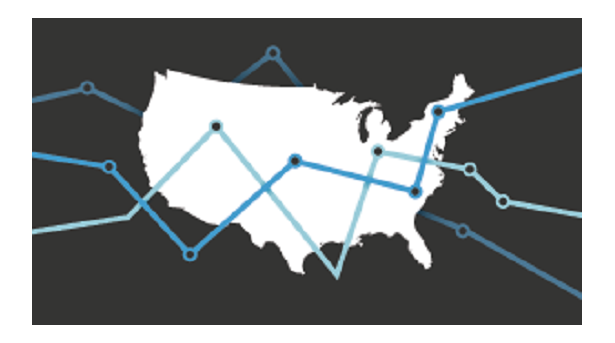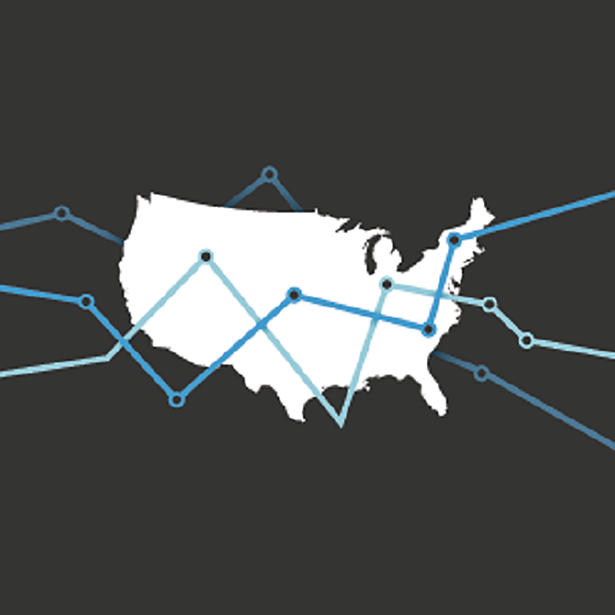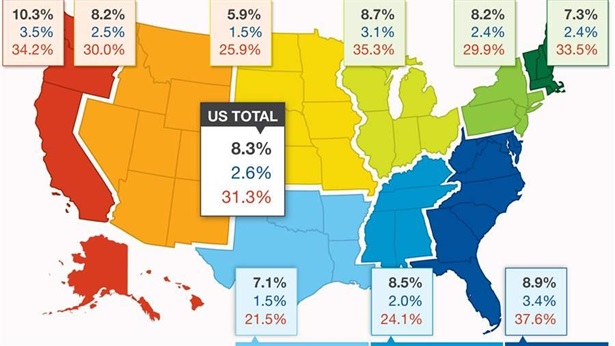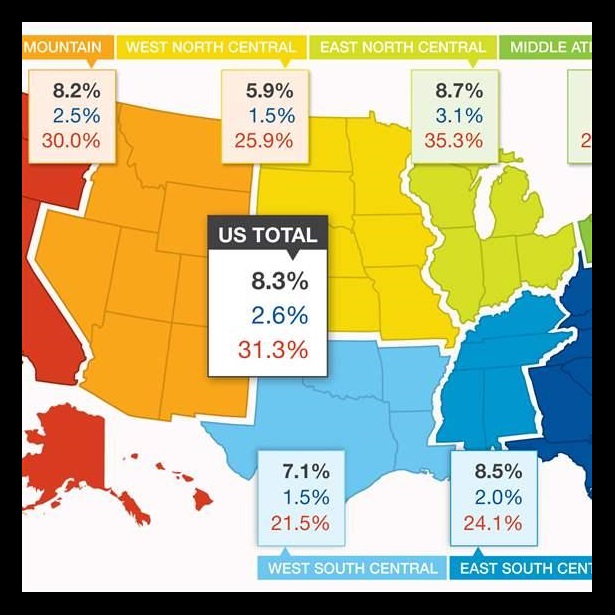Pew's fiscal analysis initiative seeks to increase fiscal accountability, responsibility, and transparency by providing independent and unbiased information to policy makers and the public as they consider the major policy issues facing our nation. Together with outside experts from across the political spectrum, the initiative provides fiscal analysis and accessible information to inform the debate on these pressing concerns.




